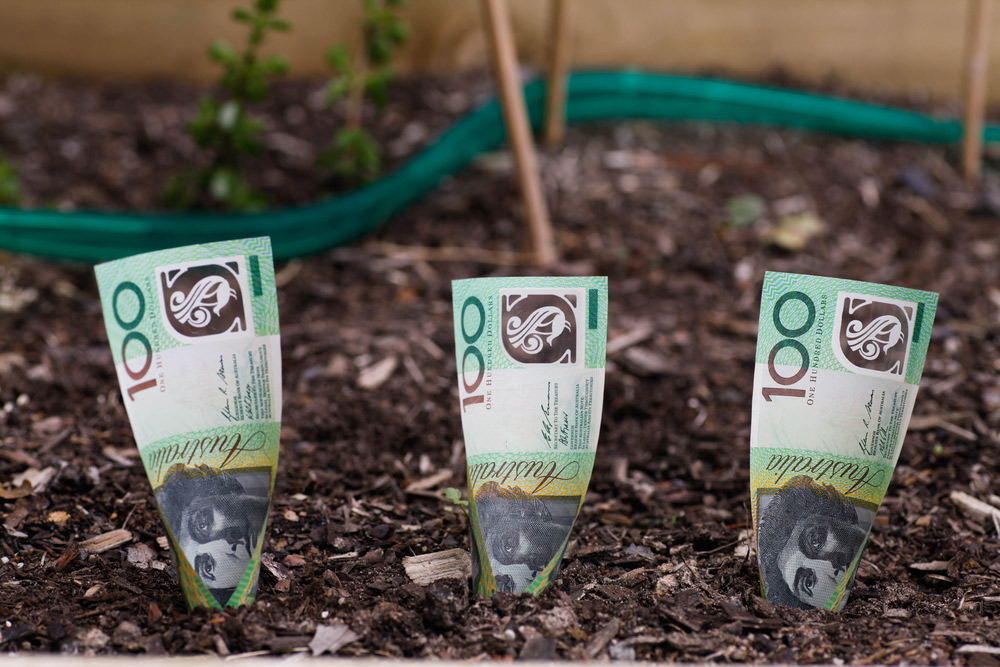
The Secret Behind Buying A Winning Property
Buying a winning property and creating a deal that, as we say in the industry “stacks up,” takes endurance and commitment so don’t rush into anything.
Most real estate is sold in the market to illiterate buyers who are impatient, emotional and who consider themselves too time-poor to show persistence and conduct proper due diligence.
Crunching deals will allow you to view real estate in a whole new light and will establish the real ROI of your investment.
When you analyse a deal, it is wise to take it through the following steps to ensure you have a basic level understanding of the property itself and how it fits into its environment.
FEASIBILITY RULE NO#1: RETURN ON DEPOSIT
Cash on cash is a term all investors should acquaint themselves with when they analyse a deal. The return on deposit percentage gives you the most accurate indicator of how fast you can do this. Here, your goal is to ensure your capital is in and out of the market within two years at the latest.
For example, if you were to put $30,000 in the market, accumulate the asset and achieve growth over 12 months to gain a further $30,000, this is considered to be a 100 per cent cash on cash return.
To put even more simply, if you had $30,000 in the bank and at the end of 12 months you had your original $30,000 plus another $30,000, you would have a pretty good deal.
Cash on cash is the same principle, only it’s achieved through the property market. It allows you to secure and retain your asset, but still have a readily available deposit to fund a new investment.
FEASIBILITY RULE NO#2: PROPERTY FINANCE
Make sure you understand what the typical finance requirements for the area are.
It is important to note that mortgage insurers and banks have classifications for various areas in the property market regarding how risky they believe the particular property market actually is and they will adjust their maximum lending criteria based on their risk rating.
The reason why they do this is they are simply protecting themselves as a business in case someone they approve a mortgage for fails to make repayments and then the bank is forced to take the property back and sell it on the local market to reclaim their monies.
If a particular market is very flat or does not look desirable the bank may ask you to put more skin into the game so to speak by lowering their maximum loan to value ratio to 80 per cent for example.
Properties can often look wonderful until you consider how much capital is required as a deposit. You need to run feasibility on lending when you are buying.
FEASIBILITY RULE NO#3: MARKET VALUE
To determine the sale-price range of properties in a particular area, it’s best to organise them by price.
This will identify the lowest priced property compared to others in the suburb which establishes a guide for how much discount to seek or when to walk away. If a property is priced well below others in the area, asking for a discount is not necessary. The best thing to do is snap it up! Money will be made “on the way in” due to good research and knowledge of the market.
FEASIBILITY RULE NO#4: THE RETURNS
Running the numbers is of huge importance. A property could look great on the surface, but until you measure the rental return, the outgoings and associated costs, you won’t know how much the true cost is per week.
No more than 30 per cent of the property income should be lost to outgoings and rents should be no lower than four per cent return at a bare minimum.
The property will still need further clarification, but as a rule, you never want to be too negative with property as it will drop its serviceability, leaving your wage or income to be the major contributor to the property’s upkeep.
This will often lead to being stuck and unable to buy again.
START WITH A PLAN
Before you buy, you should have a plan in place that guides you on what to buy, where and for how much. Your plan should also include the next steps to build out your portfolio and the experts you’ll need on your team to ensure your success is sealed.
Get started on your property investing plan at one of our free property investing seminars.
Here you’ll discover the most crucial components you’ll need to consider when building a booming property portfolio.
Recent Articles
Use Equity To Create Cashflow in 4 Simple Steps!
Equity is an interesting topic when it comes to real estate. Smart property investors know that equity can play a key part in creating passive income that accumulates over time, allowing us to eventually work less and ultimately do more of what we love. But in order to be able to use equity to create passive income, there are some important steps property investors need to take right at the beginning of their journey.
Economy Bounce-back Better Than Expected, What Investors Need To Know
Bouncing back much faster – and stronger – than predicted post-COVID, the Reserve Bank of Australia (RBA) is anticipating a good end to 2021, and a great 2022. But with so much uncertainty over the last 12 months, it’s hard to know if this economy is here to stay, and if so, how it will impact property investors in the long-run.
The Equity Tactic For Excelling Your Property Portfolio
While long term we know that cash flow is dependent on a good rental income, capital growth is the quickest way our property can pay us back. This comes down to having some smart tactics to get the most out of every dollar of value in our investment properties – something we like to call equity lock.
Are You at Risk of Losing Millions?
Considering that all major Australian cities are coastal, and most of the richest neighbourhoods are beachside, the growing threat of severe weather incidents due to global warming throws a serious spanner in the works when considering where to buy and invest. If you’re a climate change sceptic, we’re not here to judge. But that position isn’t going to help you if the institutions you rely on to protect your assets won’t have a bar of your $3 million beachfront house.
The Best Home Loan for Property Investors
Deciding on the right loan structure as a property investor, is a little bit like choosing the right outfit on a first date. It depends on what stage of life you’re at! If you’re new to the game, something a little daring might work best. Later on, you might want to play it safe. It’s the same for property investment and the stage you’re at reflecting how risky or safe your loan structure needs to be. Here we weigh up the pros and cons of principle and interest loans vs interest only loans for property investors.
The Three Golden Rules of Selling an Investment Property
Rules are an important part of life. And rules in most cases, are really just another word for common sense. They give us a clear framework around many important aspects of life, so it’s no surprise when it comes to selling your investment property, there’s a number of rules you need to follow in order to get the best result.
If you want to know when to sell an investment property, or even if selling an investment property is a good idea, all you have to do is read the rules.
Use Debt To Create Wealth in 3 Simple Steps
Most of us were raised with the idea that debt is bad. Debt drags you down. Rich people are never in debt.
While that may have been true for our great grandparents, it’s no longer the case. Debt is one of the keys that can unlock future wealth as a property investor. The more good debt you have, the more income you can create.
But, before you go out and put yourself $1 million in the hole, let’s talk about the right kinds of debt. The debt that’s going to lead to success, not ruin. This is called…
Harness Data To Help Guide Property Investor Profits
I’m sure you’ve heard – data is the new currency. It’s the next big thing for business and it will be a catalyst for driving the world forward over the next few years. Learning how to harness the power of data in property investing, will be a secret weapon all investors can use to create more wealth. So, what is data? It’s information, insights and predictions that property investors can use to help them make smart property purchases.
A Lending Boom Is Coming Are You Ready?
After a lot of bad news over the past 12 months – thanks a lot COVID-19 – it’s nice to be able to kick off 2021 with some good news. There’s going to be a lending boom which, if you have your property investment strategy in place, is going to make your life a whole lot easier so you can build your property portfolio faster and cheaper.












